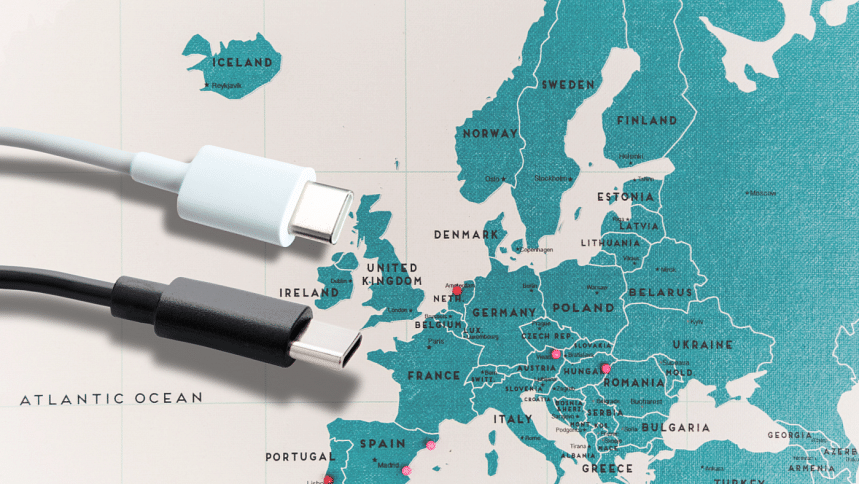EU finally mandates USB-C chargers for all devices

The European Union (EU) has officially announced the implementation of its long-awaited mandate for USB-C chargers, requiring all new portable electronic devices sold in the EU to adopt the standardised charging port.
As of 28 December 2024, the mandate applies to mobile phones, tablets, digital cameras, headphones, headsets, portable speakers, e-readers, keyboards, mice, portable navigation systems, and earbuds sold in the EU. Under the EU directive 2022/2380, all gadget manufacturers have to comply with this rule. Moreover, laptops will need to comply with this rule by 28 April 2026.
The Common Charger Directive, approved by the Council of the EU in October 2022, set a transition period for manufacturers to comply with the new rules. The regulation aims to simplify charging, reduce electronic waste, and save consumers money. According to the EU, key benefits of the directive includes:
- Consumer convenience: Consumers can now use a single USB-C charger for a wide range of devices, regardless of brand, reducing the need to carry multiple chargers.
- Reduction in e-waste: The EU estimates that unused and discarded chargers account for 11,000 tonnes of e-waste annually. Encouraging reusable chargers is expected to significantly decrease this environmental burden.
- Cost savings: The rules allow consumers to purchase devices without chargers, potentially saving approximately €250 million annually on unnecessary purchases.
- Harmonised fast charging: The directive ensures consistent charging speeds across devices when using compatible chargers, enhancing user experience.
The guidelines apply to all rechargeable devices requiring up to 100 watts of charging via a cable. Devices such as smartphones, tablets, and portable speakers must use USB-C chargers, while higher-powered equipment like gaming consoles may be exempt. For example, the PlayStation 5, which uses a 350-watt power supply in particular cases, does not fall under the regulation, whereas the Nintendo Switch, requiring only 6 watts in TV mode, does.
The European Commission (EC), the executive body of the European Union (EU), has been pushing for a universal charging system for the last three years to reduce environmental impact and make everyday life more convenient for millions of users. Initially, Apple was reluctant to follow this rule of a one-size-fits-all charger as the company was skeptical that it would halt innovation.

 For all latest news, follow The Daily Star's Google News channel.
For all latest news, follow The Daily Star's Google News channel. 








Comments